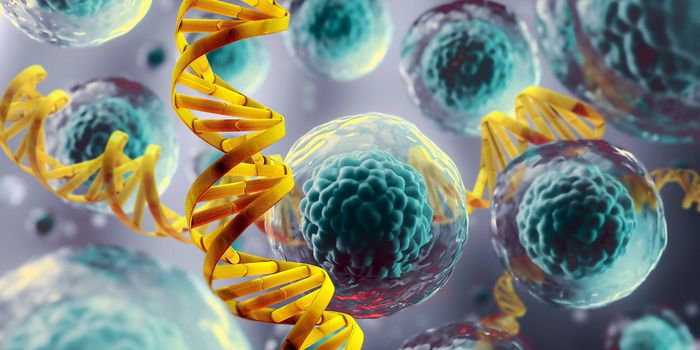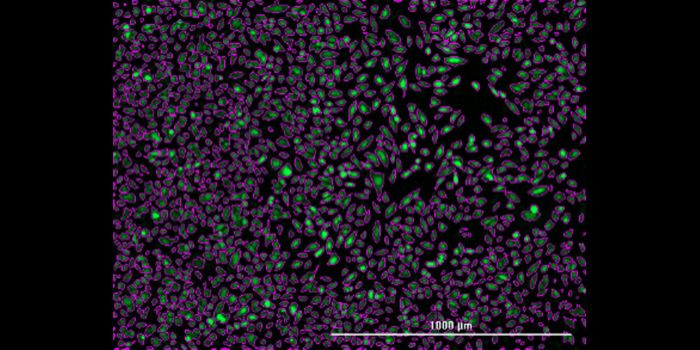Despite the majority of newly diagnosed advanced non-small cell lung cancer (NSCLC) patients being tested for genetic mutations, a gap still exists for providing a personalized treatment plan for patients based on their cancer type and mutation subtype, according to a new international survey. About 60 percent of surveyed U.S. oncologists do not determine their treatment decisions based on EGFR mutation subtype, compared with 50 percent in Canada and 23 percent in Asia. The survey, sponsored by Boehringer Ingelheim, was recently presented as a late-breaking abstract in the ESMO-IASLC Best Abstracts session at the 2015 European Lung Cancer Conference in Geneva, Switzerland.

About 60 percent of surveyed U.S. oncologists do not determine their treatment decisions based on EGFR mutation subtype.
Image Credit: Shutterstock
"It is extremely important for each person diagnosed with lung cancer to receive the most appropriate treatment based on his or her particular cancer," said Jennifer King, Director of Science and Research for Lung Cancer Alliance. "For some patients, this will mean receiving genetic testing at the time of diagnosis to allow doctors to develop a personalized treatment plan."
The survey showed that 26 percent of U.S. physicians decided on therapy for their patients with advanced NSCLC before their mutation test results were available, compared to 30 percent in Europe and 12 percent in Asia.
According to the surveyed doctors, the main reasons for not conducting genetic tests, aside from tumor histology, were insufficient tissue/uncertainty of sufficient tissue, poor performance status and test results taking too long to come back.
International guidelines, which are endorsed specifically in the U.S., recommend EGFR mutation testing should be performed at diagnosis of NSCLC and results should guide treatment decisions to ensure all patients receive appropriate therapy according to their specific cancer type. According to the survey, almost two-thirds of physicians across all 10 countries chose prolonging survival as the most important treatment goal in deciding first-line therapy in advanced NSCLC.
According to the survey, 77 percent of U.S. and European oncologists order EGFR mutation tests before starting first-line therapy, but Asian oncologists order tests more frequently at 92 percent. In the Asian community, lung cancer is the number one cause of cancer death. Among Asian patients diagnosed with NSCLC, approximately 50 percent have EGFR mutations compared to 10 to 15 percent of Caucasians. There are different types of EGFR mutations, the most common being exon 19 deletions (Del19) and the exon 21 (L858R) substitution.
"When a lung cancer diagnosis is made, it's important to receive a biomarker test to determine whether particular mutations like EGFR are present," said Edward Kim, M.D., with the Levine Cancer Institute, Carolinas HealthCare System in Charlotte, NC. "EGFR mutation status is a critical prognostic factor that many doctors use when determining the most appropriate treatment options for patients. One would not start a patient with breast cancer on treatment without knowing hormone receptor or HER-2 status. We must be diligent in testing appropriate patients for mutation status to offer the appropriate therapy."
Source: Boehringer Ingelheim Pharmaceuticals, Inc










